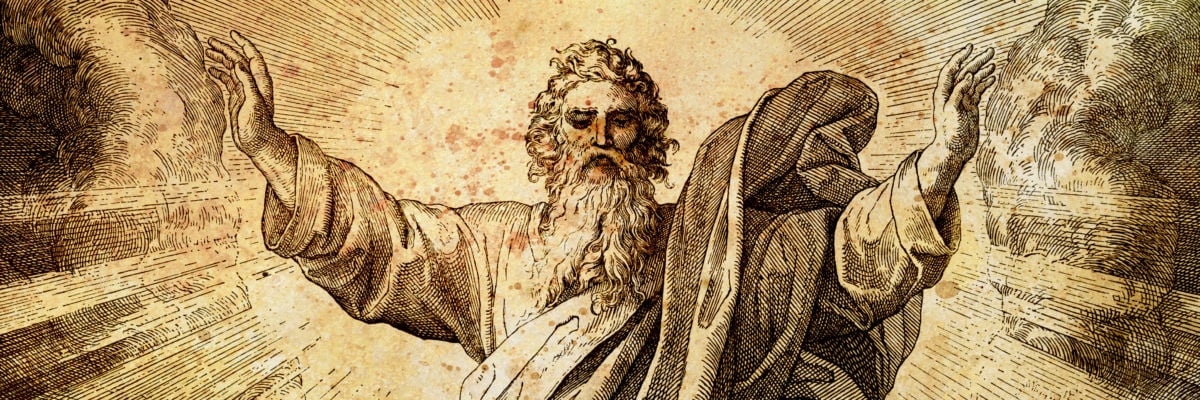
Question:
Answer:
While we humanly make distinctions in discussing God’s attributes, they are one in God.
How so? We attempt to address this great mystery briefly, remembering that a theological mystery is not something we do not know but can figure out completely, as in a crime mystery sought to be solved, but rather a divinely related truth that we will never fully comprehend because of our finite/limited human minds.
As the great lay apologist Frank Sheed wrote in Theology for Beginners,
God is changeless because he is infinite. He has all perfections. He cannot lose any of them, so there is no past into which they can flow away. Nor is there any future from which new perfections can flow to him. He has all perfections in the present, a present which does not change and which does not cease. That is eternity (p. 20, emphasis original).
[God’s being changeless] might strike us an involving him in infinite stagnation. For us, with our matter-bound habits, activity seems unthinkable without change; but this, as we see looking closer, is because we are finite (Ibid., p. 21)
[For example,] God loves with infinite loving-power: no loss possible, no increase conceivable. He knows and loves with infinite intensity, and this is not stagnation but measureless vitality (Ibid.).
Because God is infinite, there is no distinction between his attributes and himself. . . . [M]y knowledge is less than myself; I am finite enough, heaven knows, but my knowledge is more finite still.
God’s knowing is not subject to this limitation. It is not distinct from himself. It is himself. If it were not, if there were really a distinction between his knowledge and himself, then he would have something that his knowledge lacked. In that event, it would not be infinite, and we should have to face the monstrosity of an infinite God with limited knowledge (Ibid., p. 22, emphasis added).
This applies to all his attributes. Just as God is knowledge, so he is love, he is justice, he is mercy. We have to think of them as distinct, in order to think of them at all; but in him they are not distinct from his very self, and therefore not from one another. Whatever God has, he is. And these attributes are not less themselves for being infinite. God’s love would not be greater by being distinct from his very self. . . (Ibid., emphasis original).



